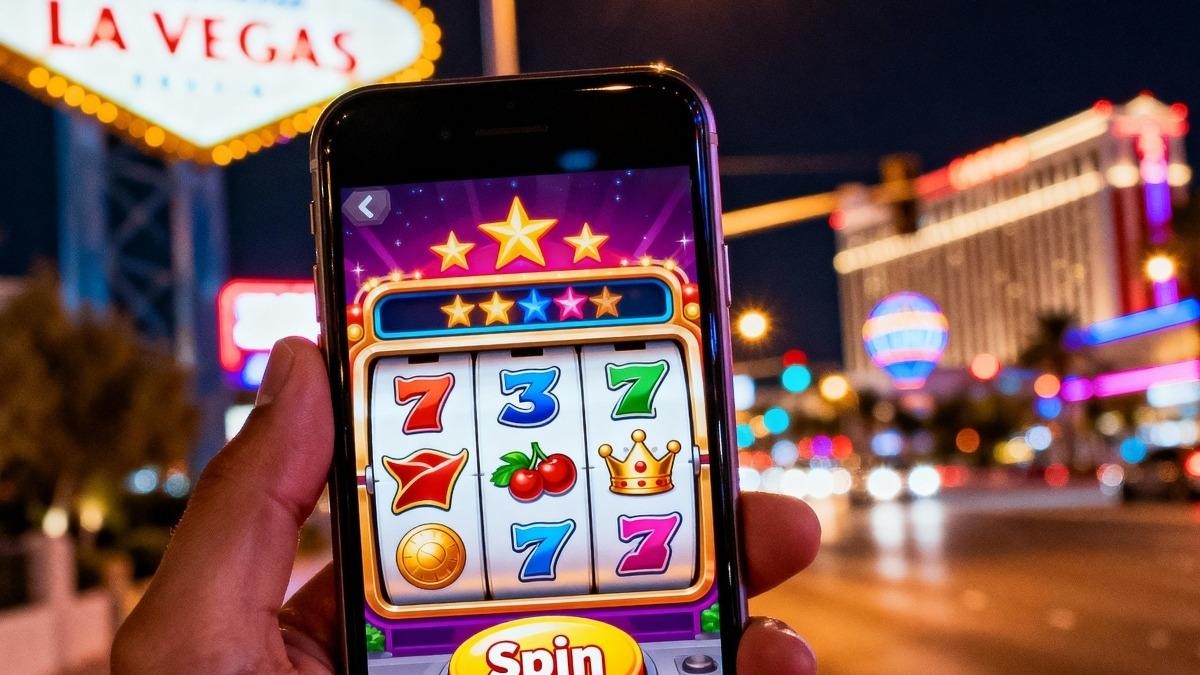
AGA: American Gaming Association feat. Dr. Mike Ahlgren
American Gaming Association
The Interview
Heather: Dr. Ahlgren, thank you very much for being on the show. I really appreciate it.
Dr. Ahlgren: My pleasure.
Heather: Now, you are a professor at Penn State. You have a PHD in Gaming and Hospitality. You have worked at the American Gaming Association. What can you tell me about the American Gaming Association and how would you explain that to people who don’t know, exactly what type of corporation it is?
Dr. Ahlgren: Well, it’s an association, so really what you have is the major operators, Las Vegas, Wynn
Resorts, MGM, Caesars Entertainment and then Harrah’s, when I was working there. They are all essentially due-paying
members and the way that it came about was really Frank Fahrenkopf, I think he was a real visionary in this industry and
he gave the industry a lot of credibility. But he was the former head of the Republican National Committee, appointed by
Ronald Regan. And he held the position longer than anyone in history. And when he was finished with all of that, he was
consulting in Washington and he was originally a gaming attorney here in Nevada. And when he finished his position as the
Chair of the National Republican Committee, a number of the gaming executives, I think he had said to them, look, this is
in the mid-90’s, they had said to him, ‘look, you’re crazy that you have no representation in Washington D.C. So you had
this big industry out there in Nevada, with essentially no representation or anyone looking out for their interests in
Washington D.C.
So they went to Frank and said, ‘Well, why don’t you put that together for us?’ And he wasn’t really initially interested
in doing so, he headed up the initial search for a head. And after they interviewed these different candidates, they said,
‘No, we would rather have you’. And eventually, I guess they made the offer good enough because eventually he agreed and
I think he said he was only going to do it for five or ten years and he held it from I think the mid-90’s to this summer
he’s finally retiring. But he was the one that really; I think he did the industry a world of good. He made it very
legitimate, because he said right away that he wanted to be different than the tobacco industry, where the tobacco industry
pretty much denied any negative effects of their product until they essentially had no choice but to, the courts just said,
‘you have to admit it’. And eventually they stamped it on their packages.
But Frank was a real visionary in that he said, ‘you know what? The truth is, is that as a result of our industry, some
people have problems and they have serious problems. There are people whose marriages break up, families break up, you know,
there is a certain degree of negative fallout from the gaming industry that is just undeniable. So he said, rather than just
deny it and put our heads in the sand and pretend like that’s not a reality, he said, let’s take a leadership role and let’s
actually fund real research, not just canned research that we approve of. They went to Harvard University and Harvard University
doesn’t need the gaming industry. They have plenty of people who want to donate money to them. So they took a real leadership
role and I think that’s largely to Frank’s credit. And really, I think because of that, that’s one of the reasons why the industry
was able to expand the way it was, because I think people, walking behind him began looking at the industry differently. And I
think that’s why you have, you know, you basically don’t have gambling in Utah or Hawaii. And I think that trend is going to
continue and I think he should at least get some credit for it. So to answer, I’m sorry I’ve been going on and on, to answer your
question, so they’re keeping an eye on if there is any rumblings of any laws that might have an adverse effect on the industry.
They’ll also push for studies, you know, for example, if the industry feels like the public has a misunderstanding of the industry
in certain ways, they might push Congress to study that or take a look at it.
I know that, originally, that was the ideas that we wanted Congress to take a look at online gambling. Whether we can protect it
from, you know, 15 year olds, so on and so forth. Because I think originally the industry wanted gaming to be legalized at the
federal level. Nevada said, ‘okay, we’re going to legalize it, but that means that only people in Nevada can play. So now, for
example, before we can have people in Arizona playing on Nevada’s sites, Arizona has got to make it legal at the state level and
we’ve got to agree on compacts, you know, saying who gets what taxes and it becomes very complicated. Where it would have been
much easier with online, to have that done at the federal level. But that doesn’t look like it’s going to happen any time soon.
So, for example, the AGA would be involved in pushing, it didn’t work in this case, pushing Congress to maybe do a federal study
and then legislating in the federal level, which they weren’t successful at. But they’ve been very successful in a lot of other areas.
And then the last thing that they do is, really, what I was involved in was on the research side; they put out, for example, State
of the States. So every year they do a comprehensive report on gaming on every state in the US. You know, how many people are hired,
how much wages are paid, how much taxes are collected, how many casinos do they have, you know, on and on and on. So that’s another
arm on the research side. And it’s also the AGA that’s behind the major gaming show, the G2E. That’s put on through the AGA.
Heather: Did you learn anything interesting while you were working in the research department there? Or anything that you found surprising maybe?
Dr. Ahlgren: My answer to that would be… I came to UNLV and did a Master’s program and then went to work for, spending my year at the American Gaming Association, and at that point, I really thought all gaming really happened in Las Vegas, and that’s one thing that I saw was that there's a big world out there when it comes to gaming. Even then, that was before, when I was there that was just as Pennsylvania was legalizing; you know; now Pennsylvania is the 2nd biggest market in the US. So it opened my eyes that the gaming industry is expanding at a very rapid pace and I got a firsthand look at that, I guess.
Heather: Very cool.
Related Article Archives
Related Articles
East Coast vs West Coast: Comparing the Best Casino Bonus Strategies Nationwide
Posted Aug 19th, 2025
Pennsylvania’s New Casinos vs. Vegas: Who Will Dominate in 2025
Posted Aug 20th, 2025
Where Can I Legally Gamble in the USA? Player’s Guide from OC24 Team
Posted Sep 10th, 2025
Best Online Slots Las Vegas: 15 Top Casinos for Real Money Games
Posted Jan 14th, 2026






